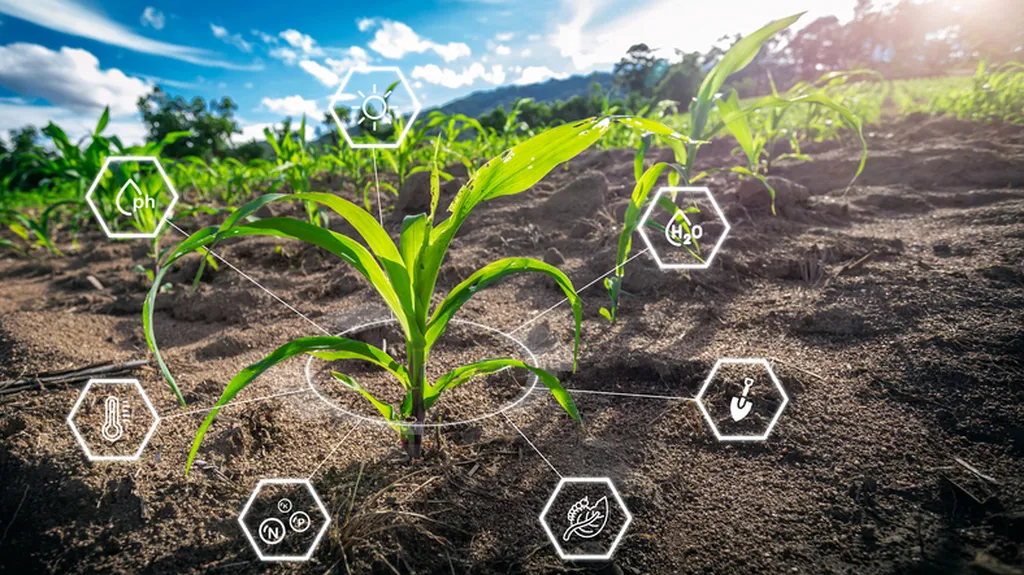In the quest for sustainable agriculture and environmental remediation, scientists are turning to plant-based solutions that could revolutionize the way we approach land management and soil health. A recent editorial published in *Frontiers in Plant Science* sheds light on innovative strategies that harness the power of plants to address critical challenges in agriculture and ecology.
The editorial, led by Carla S. Santos from Universidade Católica Portuguesa, explores the potential of nutrient cycling, mulching, and phytoremediation to enhance soil fertility and remediate degraded lands. These approaches not only promise to improve agricultural productivity but also offer sustainable solutions for environmental restoration.
One of the key areas highlighted in the editorial is the use of plants for phytoremediation, a process that involves using plants to remove or stabilize contaminants in soil and water. This method has gained traction as a cost-effective and eco-friendly alternative to traditional remediation techniques. “Plants have an incredible ability to absorb and accumulate contaminants, making them powerful tools for cleaning up polluted sites,” says Santos. By leveraging this natural capability, farmers and land managers can transform degraded lands into productive ecosystems.
Another promising strategy discussed in the editorial is the use of mulching to improve soil health and nutrient cycling. Mulching involves covering the soil with organic materials such as crop residues, which help retain moisture, suppress weeds, and enhance soil fertility. This practice not only benefits crop growth but also contributes to long-term soil sustainability. “Mulching is a simple yet effective way to enhance soil health and improve agricultural productivity,” notes Santos. “It’s a practice that can be easily adopted by farmers to achieve more sustainable and resilient farming systems.”
The editorial also delves into the potential of deep learning and artificial intelligence (AI) to optimize plant-based solutions. By analyzing vast amounts of data, AI can identify patterns and predict outcomes, enabling more precise and effective management of agricultural practices. This integration of technology with traditional farming methods could pave the way for smarter and more sustainable agriculture.
The commercial impacts of these plant-based solutions are significant. Farmers can reduce their reliance on chemical fertilizers and pesticides, leading to lower input costs and improved environmental stewardship. Additionally, the restoration of degraded lands can open up new opportunities for agricultural expansion and biodiversity conservation. “The adoption of these practices can lead to a more sustainable and profitable agriculture sector,” says Santos. “It’s a win-win situation for both farmers and the environment.”
As the agricultural sector continues to grapple with the challenges of climate change and resource depletion, the insights provided in this editorial offer a beacon of hope. By embracing plant-based solutions, farmers and land managers can not only enhance their productivity but also contribute to the broader goals of environmental sustainability. The research led by Carla S. Santos from Universidade Católica Portuguesa, published in *Frontiers in Plant Science*, underscores the importance of integrating innovative practices into agricultural systems. This work could shape future developments in the field, driving towards a more sustainable and resilient future for agriculture and the environment.

